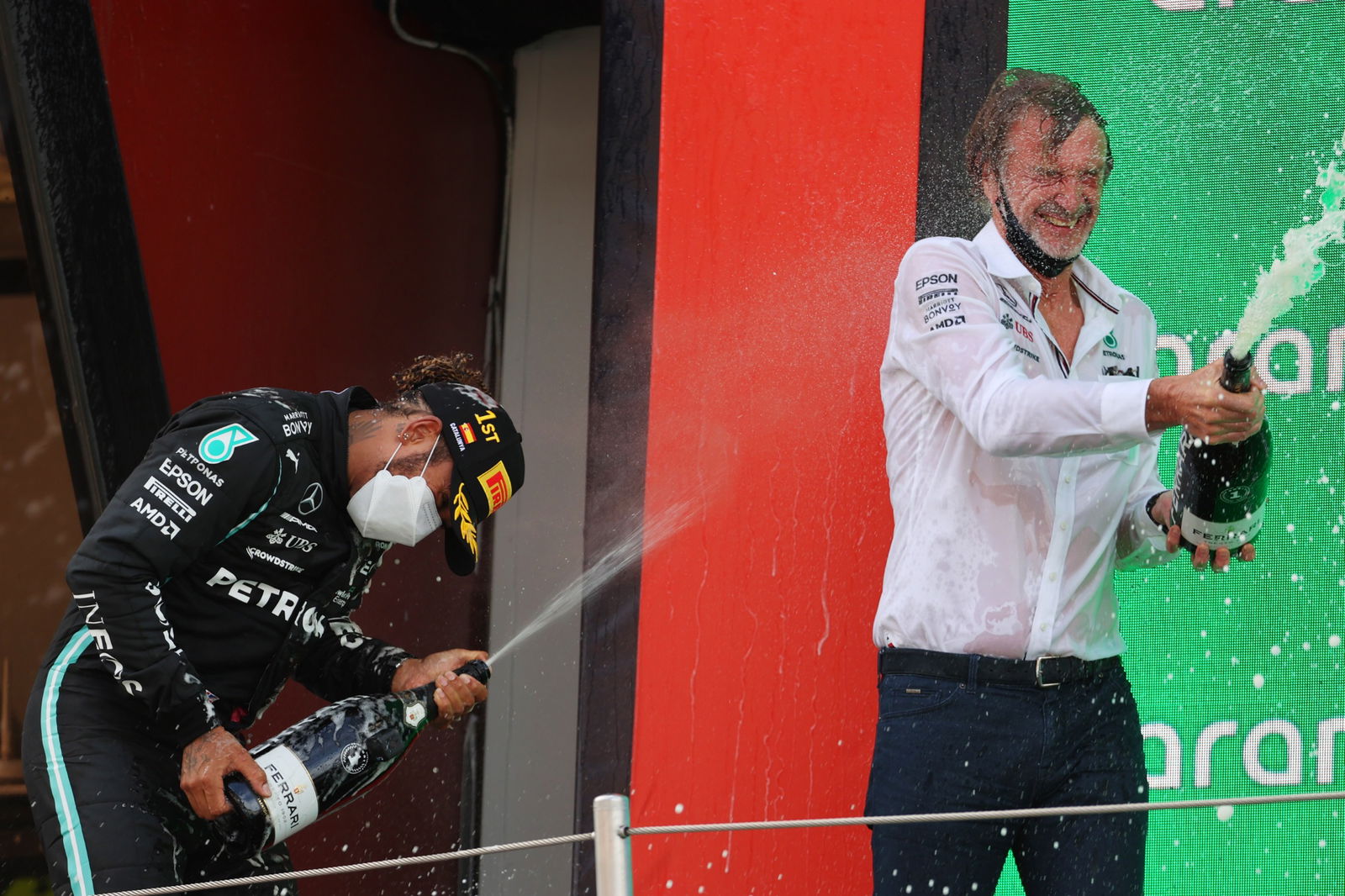FIA clarify stance on “political gestures” after criticism from F1 drivers including Lewis Hamilton and Max Verstappen

The FIA introduced a rule for 2023 stating that F1 drivers could not make “personal, religious and political statements” without written permission, prompting a wave of backlash from most drivers on the grid.
The governing body have now moved to clarify when, and how, drivers will be allowed to speak their minds.
When drivers can "express their own views"
- Social media
- During interviews with media
- During press conferences in response to a direct question
When drivers cannot "express their own views"
- FIA press conferences (except in response to a direct question)
- Activities on the track, podium, during national anthem or drivers' parade
- Pre or post-race - the podium, cooldown room, photo sessions
The FIA claimed “yes” a driver can “express their own views” then added: “Participants can express their views on any political, religious or personal matter before, during and after the International Competition, in their own space, and outside the scope of the International Competition."
The FIA added: “On an exceptional and case-by-case basis, the FIA may authorise a participant to make a statement at an International Competition.”
What is a “political”, “religious” or “personal” view?
The Stewards will decide, on a case-by-case basis, if a view is deemed to be “political”, “religious” or “personal”, the FIA have confirmed.
The FIA have prepared an "illustrative" list of "examples" for Stewards, including:
Political
Any politically-associated or politically-sensitive person(s) living or dead (unless part of the official competition name).
Any local, regional, national, or international political party/ organisation/group.
Any local, regional, or national government or any of its departments, offices or functions.
Any function or branch of government (e.g., any statement or comment regarding the police or military).
Any reference (whether express or implied) to separatist movements (e.g., the display of a flag or symbol associated with an independence movement).
Any organisation whose aims or actions: (i) conflict with the FIA’s values or Diversity and Inclusion mission; and/or (ii) include hostility, prejudice, or unlawful discrimination on the grounds set out in Article 1.2 of the FIA Statutes.
Any reference to any totalitarian regime that justified mass killing (e.g., pro-Nazi chants).
Any specific political act/ event.
Any military conflict or political dispute between nations, regions, religions, or communities.
Any specific ethnic or indigenous communities, or perceived discrimination by one community against another
Religious
- A religion, spiritual practice, or related significant figure, except as indicated below.
- Anything critical of or hostile to others’ religious or spiritual beliefs.
- Private, non-proselytising religious gestures, such as pointing to the sky or crossing oneself, shall not be considered prohibited religious statements.
- Article 12.2.1.n will not be used to sanction individuals who display religious symbols or wear prescribed religious clothing/ornaments, unless they include prohibited statements or comments of the kind mentioned above.
Personal
- Any circumstance personal to the participant. Competitors must not use events as a platform to share personal statements of any kind in violation of the general principle of neutrality.
What did F1 drivers say?
Before this latest clarification from the FIA, drivers had criticised the new rule.
Lewis Hamilton: “But nothing will stop me from speaking on the things that I’m passionate about, and on issues that there are."
Max Verstappen: "I think people should be allowed to. Like I said, some people will talk a little more, some a little less. I think it was a bit unnecessary."
George Russell: “I’m not too sure why the FIA have taken a stance like this, I think it’s totally unnecessary in the sport and the world we live in at the moment."
Valtteri Bottas: “I do not understand why they want to control us. I think we should have the right to talk about what we want."
Kevin Magnussen: “I’m from a part of the world, I grew up in a country where we are all free to express our views and religions. [We’re] free to speak our mind. I think that’s a value that I appreciate and would like to see in F1 as well."

